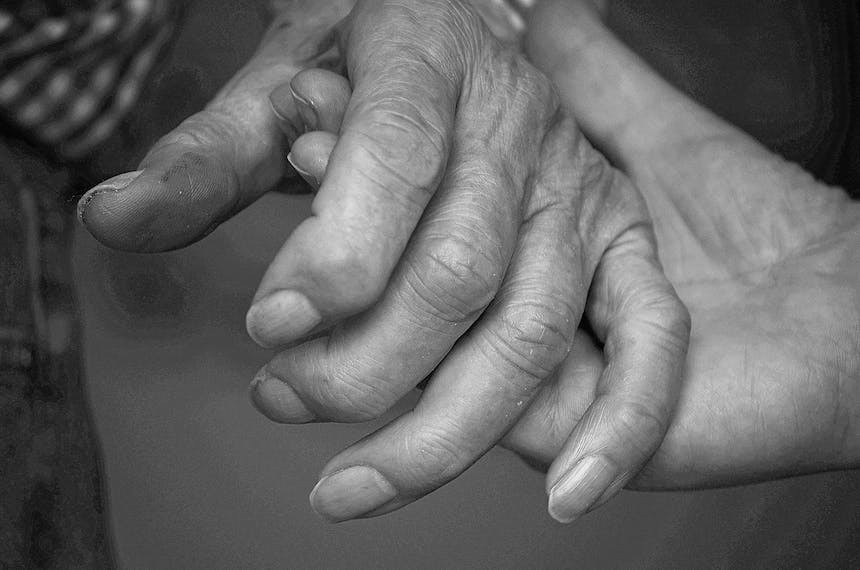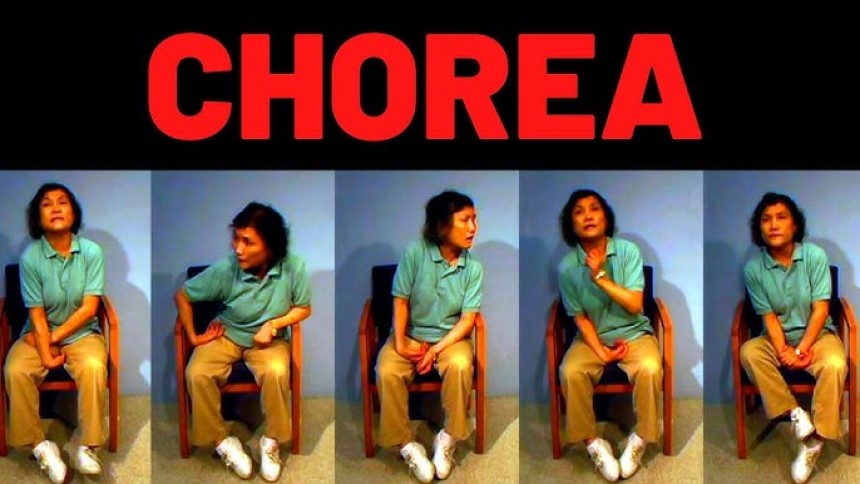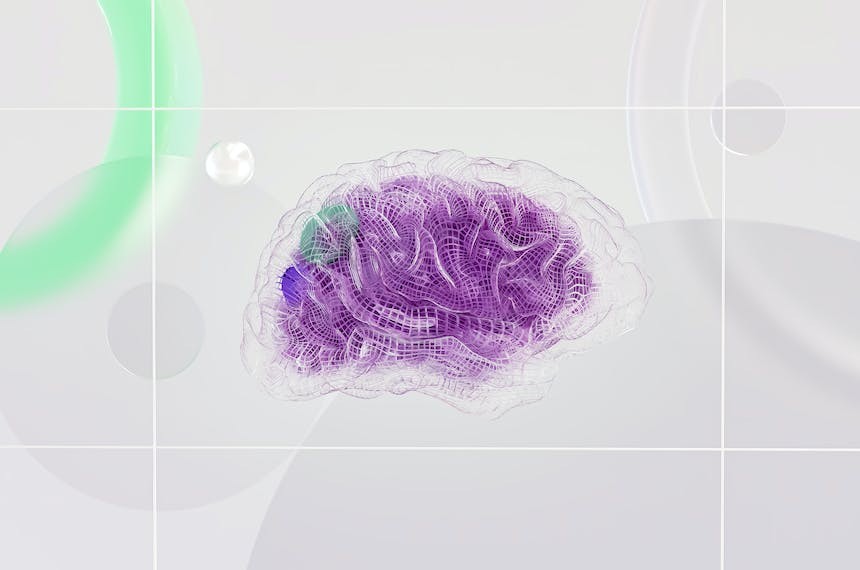
Progressive Supranuclear Palsy
This article discusses Progressive Supranuclear Palsy (PSP), also known as Steele-Richardson-Olszewski syndrome, a rare parkinsonian syndrome. It details the symptoms of PSP, including vertical supranuclear gaze palsy, unexplained falls, and cognitive dysfunction, and highlights the median overall survival rate post-diagnosis. The article also covers the lack of effective treatments to alter the disease's progression and outlines both non-pharmacological and pharmacological treatment approaches.
Characteristics of Progressive Supranuclear Palsy
Progressive supranuclear palsy (PSP), (Steele-Richardson-Olszewski syndrome) is an uncommon parkinsonian syndrome. It is characterised by vertical supranuclear gaze palsy, unexplained falls, postural instability, akinesia and cognitive dysfunction. Behavioral abnormalities are also common in patients with PSP. The most common behavioral symptoms are apathy, dysphoria, disinhibition and/or anxiety. The median overall survival is 6-9 years from diagnosis.
Treatment of PSP: Non-pharmacological and Pharmacological Measures
There are no effective treatments that alter the natural history of disease in PSP and no drugs that provide significant symptomatic benefits as seen with levodopa in idiopathic Parkinson disease. Treatment includes both non-pharmacological and pharmacological measures.
Multidisciplinary Approach in PSP Management
A multidisciplinary approach is mandatory, involving specialist neurology, physical therapist, occupational therapist, social work, speech therapist, nutritional specialist, and palliative care. Early occupational therapy input is essential in promoting longer independence in performing activities of daily living. Example, mirror-prism lenses could benefit patients with severe limitation of extraocular movements to read and feed themselves.
Pharmacological Treatment in PSP
Among pharmacological measures, levodopa is not helpful in PSP. The main role of levodopa in patients with suspected PSP is diagnostic. Cholinesterase inhibitors could help to improve dementia. Other agents include botulinum toxin for focal dystonia, amantadine for gait and dysphagia, zolpidem, and amitriptyline might also help. Finally, electroconvulsive therapy (ECT) / deep brain stimulation (DBS) could help patients with PSB.
References
1-ickson DW, Ahmed Z, Algom AA, Tsuboi Y, Josephs KA. Neuropathology of variants of progressive supranuclear palsy. Curr Opin Neurol. 2010;23:394–400. 2- Williams DR, de Silva R, Paviour DC, Pittman A, Watt HC, Kilford L, et al. Characteristics of two distinct clinical phenotypes in pathologically proven progressive supranuclear palsy: Richardson’s syndrome and PSP-parkinsonism. Brain. 2005;128(Pt 6):1247–1258. 3- Stamelou M, de Silva R, Arias-Carrión O, Boura E, Höllerhage M, Oertel WH, et al. Rational therapeutic approaches to progressive supranuclear palsy. Brain. 2010;133(Pt 6):1578–1590. 4-Burn DJ, Warren NM. Toward future therapies in progressive supranuclear palsy. Mov Disord 2005; 20 Suppl 12:S92. 5-Tan EK, Chan LL, Wong MC. Levodopa- induced oromandibular dystonia in progressive supranuclear palsy. Clin Neurol Neurosurg 2003; 105:132. 6-McFarland NR. Diagnostic Approach to Atypical Parkinsonian Syndromes. Continuum (Minneap Minn) 2016; 22:1117. 7-Newman GC. Treatment of progressive supranuclear palsy with tricyclic antidepressants. Neurology 1985; 35:1189. 8-Cotter C, Armytage T, Crimmins D. The use of zolpidem in the treatment of progressive supranuclear palsy. J Clin Neurosci. 2010;17:385–386. 9-Golbe LI. The tau of PSP: a long road to treatment. Mov Disord. 2014; 29:431–434.





